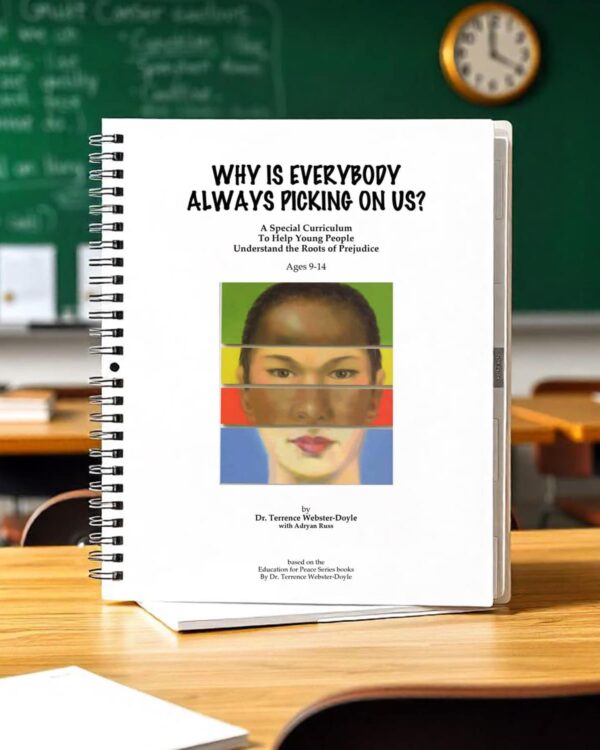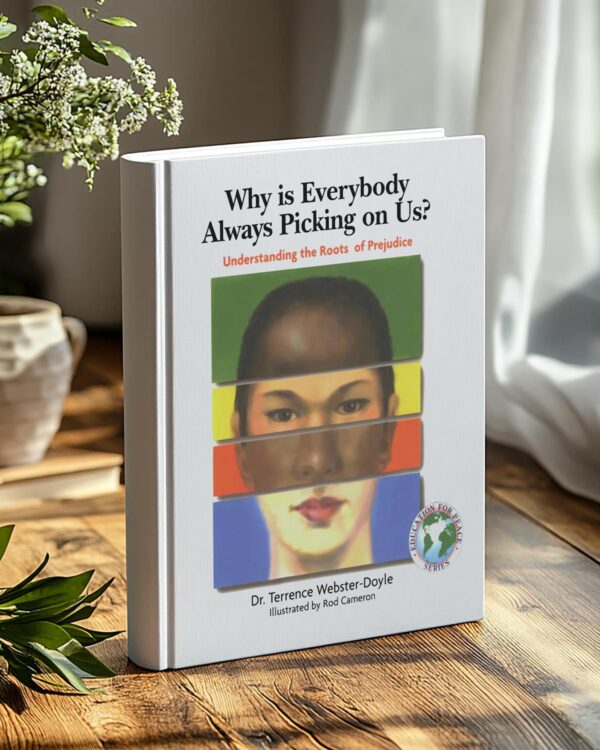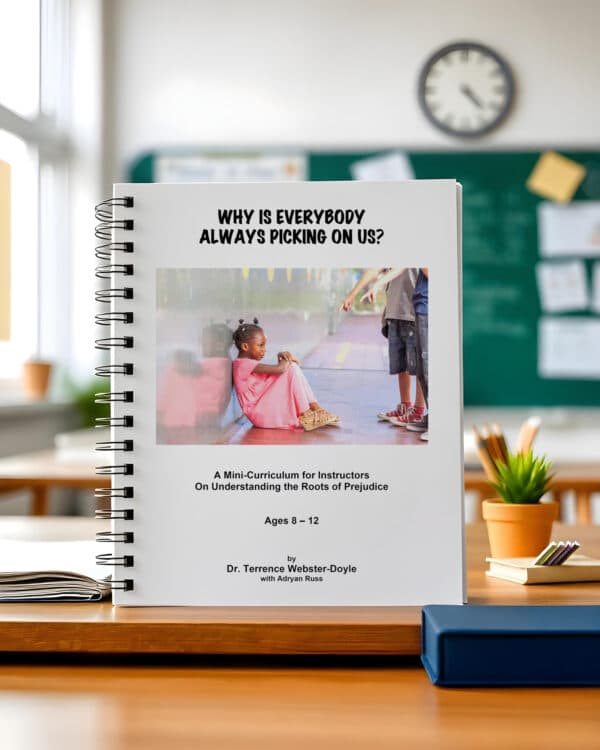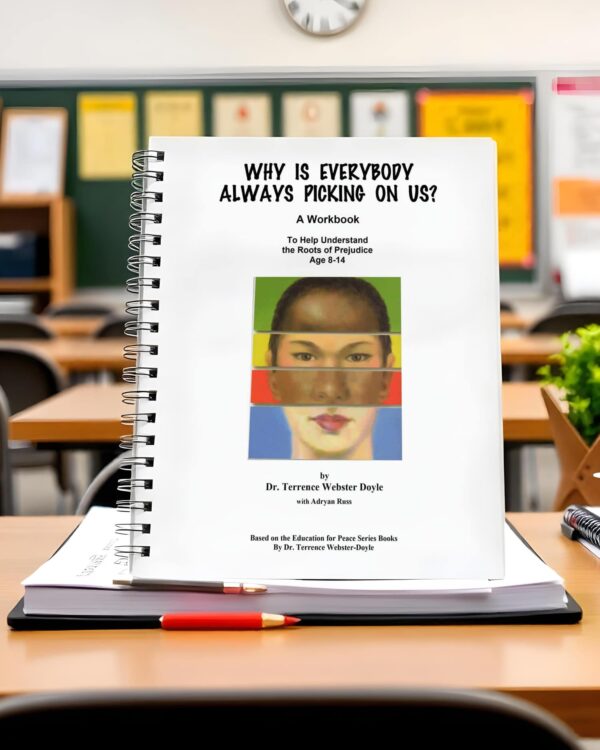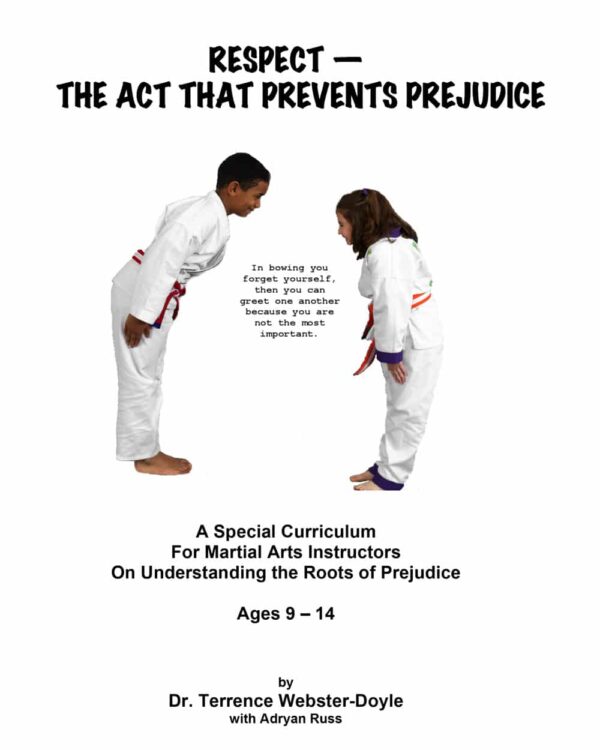Dialogue and Collective Thought: Moving Beyond Opinions and Prejudice

What is generally meant by the notion of a dialogue?
The word dialogue is comprised of the Greek root dia plus logos. Logos meaning “the word”; presumably not just ‘the word’ here, but also the deeper meaning. And ‘dia‘ meaning “through.”
In discussion, people generally want to make points, but in many cases end up discussing fairly superficial issues. In a true dialogue, however, we have to be open to talking about the deeper issues, rather than just staying on the surface of things.
What is opinion?
This is another word used in a dialogue. Do we defend our ‘opinion’ rigidly and nonnegotiable, even though it may be false? An opinion is basically an assumption. But why do opinions so often give rise to such irrational attempts to defend them?
Could this be because people identify so much with their opinions that they are defending them as if they were defending themselves?
In a real dialogue, we must start to suspend our opinions rather than defending them, suppressing them or avoiding expressing them in order to try to prevent conflict. To suspend something is, as it were, to keep it hanging in front of you, constantly accessible to questioning and observation.
Now, insofar as all the different people have different assumptions that they defend, they will resist and oppose each other. But insofar as each individual is able to hold all the assumptions together in suspension, they will have shared a common consciousness. The word consciousness is however based on conscience, whose root meaning is knowing all together.
Interested? Keep Learning
-
Why is Everybody Always Picking on Us? Curriculum
Download Now$10.00 -
Why is Everybody Always Picking on Us? Book
Download Now$10.00 -
Why is Everybody Always Picking on Us? Mini Curriculum
Download Now$10.00 -
Why is Everybody Always Picking on Us? Workbook
Download Now$10.00 -
Respect: the Act that Prevents Prejudice Curriculum
Download Now$10.00
Lastly, another thing that gets in the way of true dialogue is prejudices.
Prejudices are practically all collective in origin. A prejudice is a form of collective opinion that is defended against evidence of its falseness.
So it seems that we must approach dialogue from different point of view, if we want to find shared meaning in life. To have a true dialogue, we must suspended our judgement, prejudice and be able to observe one’s own assumptions (conditioned reflexes) to find shared meaning in life.
“How do we understand ourselves? What is the faculty that can understand psychological conditioning and conflict in relationship? We as teachers, parents and helping professionals
have a responsibity to bring about this understanding in ourselves and our children.”
– from Brave New Child by Dr. Terrence Webster-Doyle.
